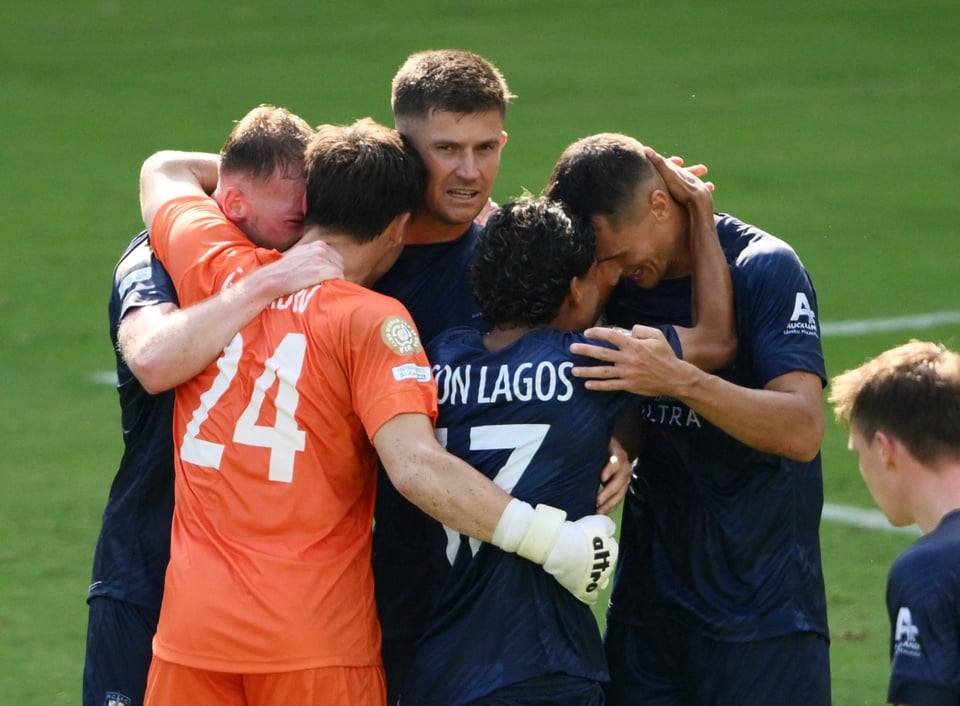 |
The Club World Cup witnessed many interesting surprises. |
European giants stumble, South American clubs rise - and FIFA believes: the old order is due for a change.
When Heimo Schirgi, former chief operating officer of UEFA, left his position at European football’s governing body to join FIFA as the head of the World Cup, he came with a bold vision: club football could no longer be a European playground. While the Champions League was the pinnacle of both professionalism and commerce, it was still confined to the borders of 55 countries. The world needed a bigger playground – one where clubs from all continents could compete in real competition.
The FIFA Club World Cup 2025™ - which has just kicked off in the United States - is the first attempt to realise that dream. And after just 34 matches, it has brought a startling reality to Europe: dominance is no longer absolute.
Paris Saint-Germain, the reigning European champions, fell to Botafogo, who are currently eighth in the Brazilian league. Chelsea, a Premier League icon, lost to Flamengo. Inter Milan were held to a draw by Monterrey of Mexico, while Real Madrid, a European footballing giant, shared points with Al Hilal of Saudi Arabia. Atletico Madrid were eliminated in the group stage.
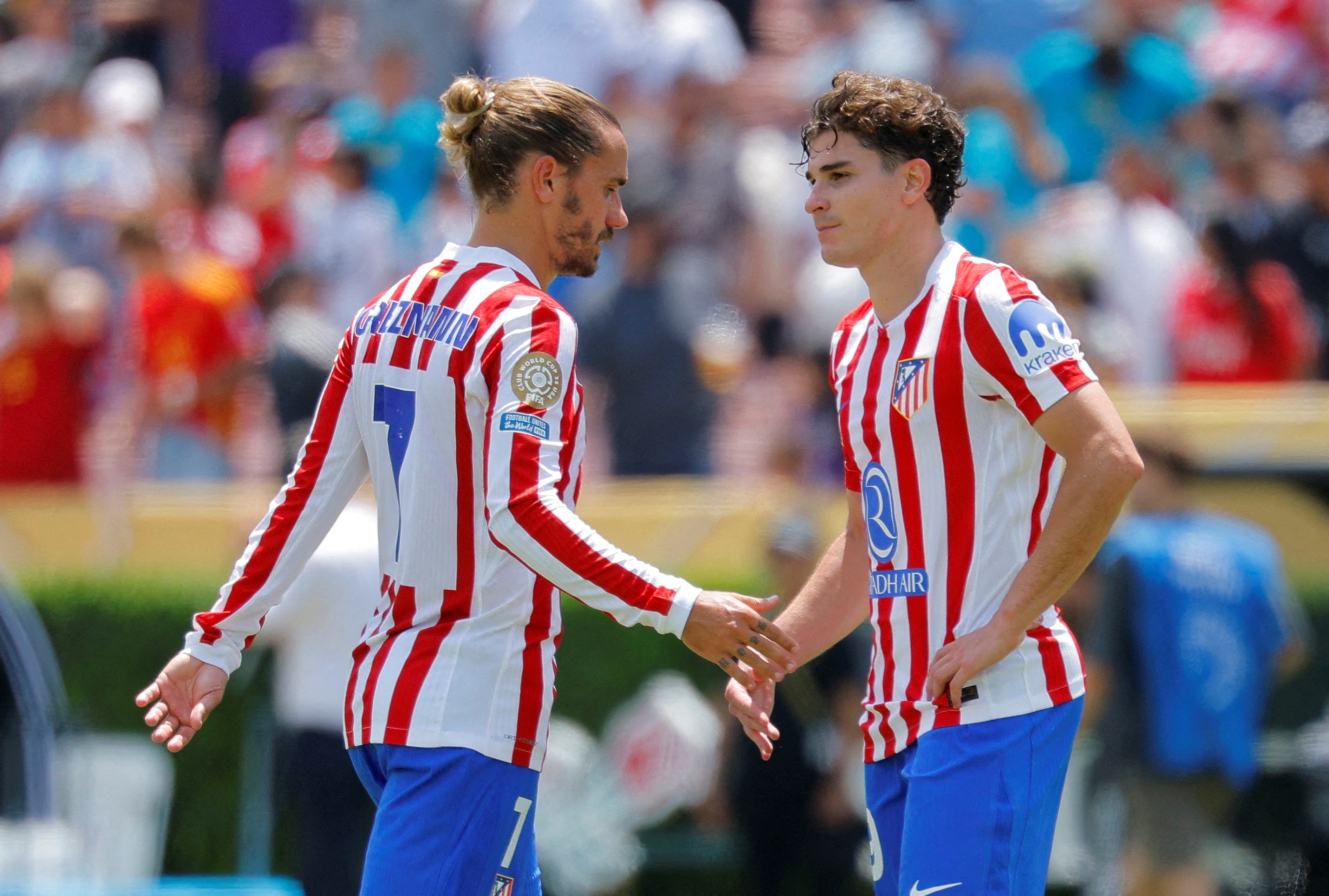 |
Atletico Madrid stopped early at Club World Cup. |
Of course, European teams could still come back strong and take the top four as usual. But the point is that it’s no longer a given. And that uncertainty is what makes the Club World Cup so valuable.
“Football is a sport where the underdog has a real chance,” Schirgi stressed. “It’s not just a money game.”
While South American clubs and Monterrey emerged as exciting phenomena, American soccer got a cold shower. While Inter Miami made their mark with a win over Porto - the first time an MLS club had defeated a European team - the other two teams, LAFC and Seattle Sounders, were completely outclassed. They were eliminated before the final group stage match. With those performances, MLS showed that it was not ready to step onto the big stage.
However, not everything was perfect. This year’s Club World Cup was plagued by high ticket prices, a midweek schedule that left stadiums empty, and harsh weather conditions. Temperatures of over 38 degrees Celsius caused players to complain, fans to be reluctant to go to the stadium, and FIFA was forced to “give away” free tickets to fill the stands. On average, each match had around 36,000 spectators – but the same number of seats were left empty. Only one match sold out, while six others failed to reach 14,100.
But the biggest problem isn’t the weather or the tickets. It’s the overloaded schedule. With the Champions League, Europa League, Nations League, Leagues Cup and now Club World Cup all competing for spots on the calendar, players are increasingly exhausted. Some are playing more than 70 games a year. FIFA has solved the problem by squeezing the Club World Cup into what used to be the summer break, and using… $1 billion in prize money to convince teams to participate.
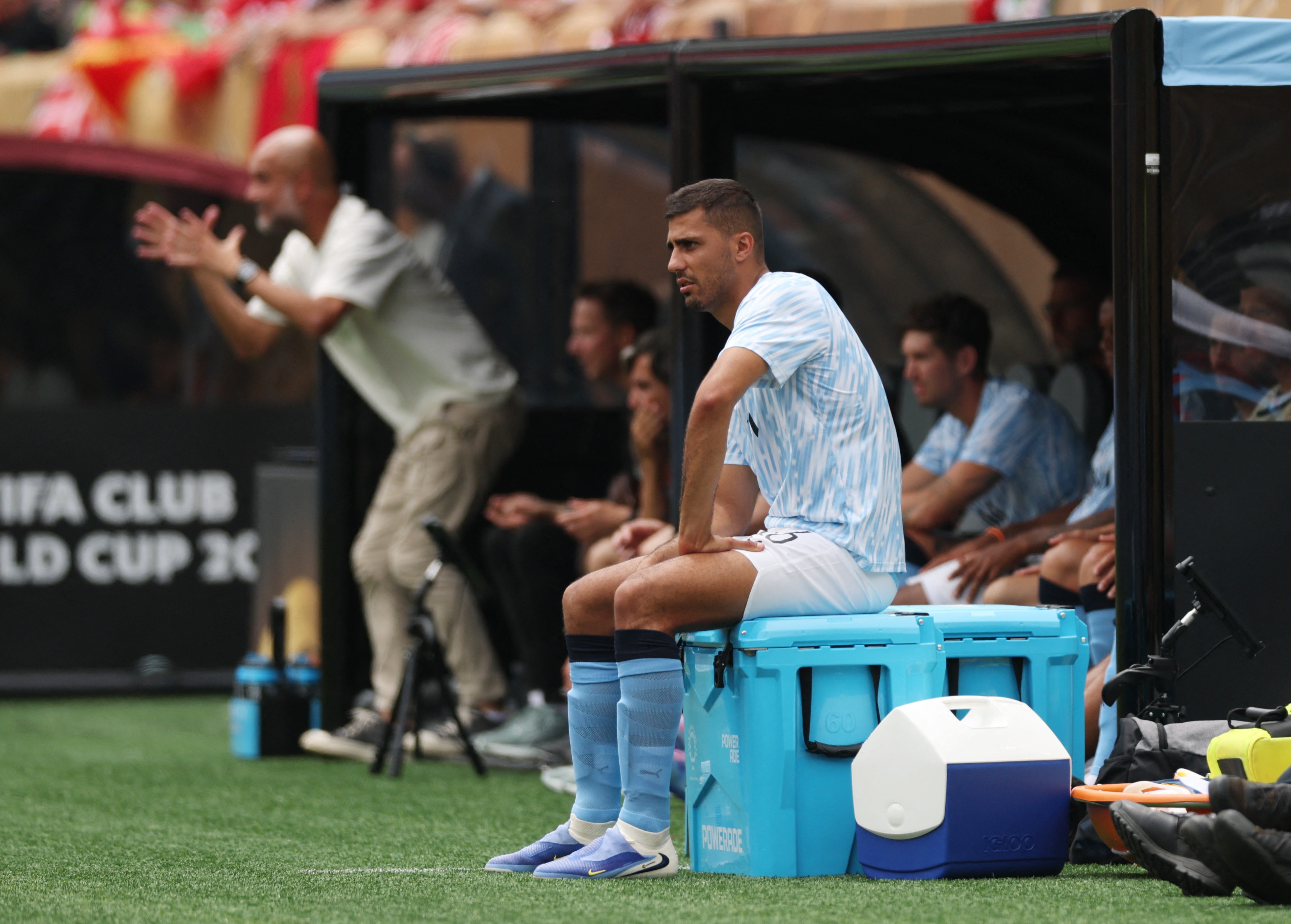 |
Many players are overloaded due to constant competition. |
The players’ union FIFPRO warns that this is a dangerous path. Studies show that players need at least four weeks off each year to recover physically and mentally. But for FIFA and the major federations, the math of revenue and power seems to be winning.
Giuseppe Marotta, CEO of Inter Milan, admits that the current schedule is “seriously overloaded.” But he also sees huge potential in expanded tournaments like the Club World Cup: more money, more spectators, and new markets. To solve this problem, Marotta proposes shortening the domestic leagues.
But this is a dangerous crossroads. Shrinking the leagues means handing over more power to FIFA and UEFA, further uprooting football – from a community sport to a globalised corporate game.
Still, Heimo Schirgi believes the Club World Cup will become as big as the Champions League. “The Champions League also started small,” he said. “Things take time to develop. And we are very proud to be part of making history.”
If the Club World Cup’s first few rounds are any indication, the era of club football no longer being a European monopoly has truly begun. And in an increasingly global football world, creating a common stage – where all football has a chance – is not just desirable, it is imperative.
Source: https://znews.vn/club-world-cup-dang-viet-lai-trat-tu-the-gioi-post1563563.html



![[Photo] General Secretary To Lam works with the Standing Committee of Quang Binh and Quang Tri Provincial Party Committees](https://vphoto.vietnam.vn/thumb/1200x675/vietnam/resource/IMAGE/2025/6/25/6acdc70e139d44beaef4133fefbe2c7f)

![[Photo] First training session in preparation for the parade to celebrate the 80th anniversary of National Day, September 2nd](https://vphoto.vietnam.vn/thumb/1200x675/vietnam/resource/IMAGE/2025/6/25/ebf0364280904c019e24ade59fb08b18)

![[Photo] More than 124,000 candidates in Hanoi complete procedures for the 2025 High School Graduation Exam](https://vphoto.vietnam.vn/thumb/1200x675/vietnam/resource/IMAGE/2025/6/25/fa62985b10464d6a943b58699098ae3f)
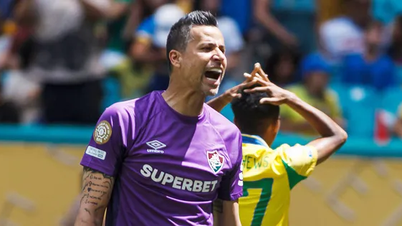

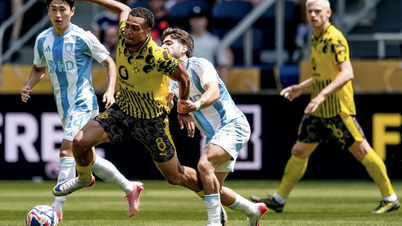






















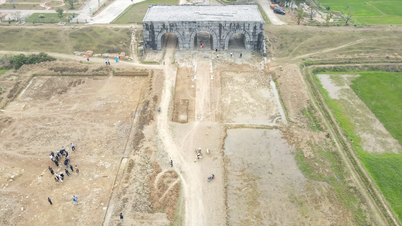
















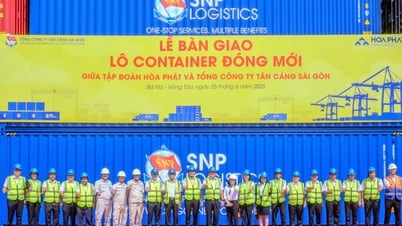



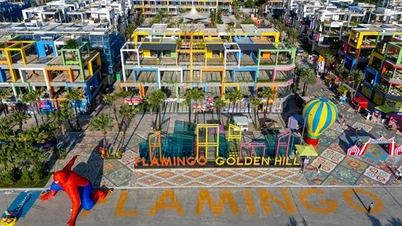







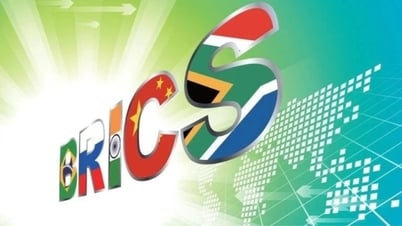



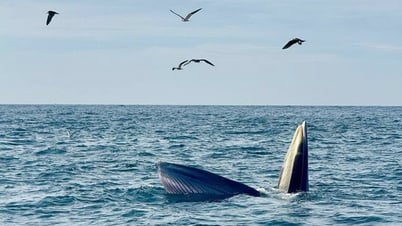



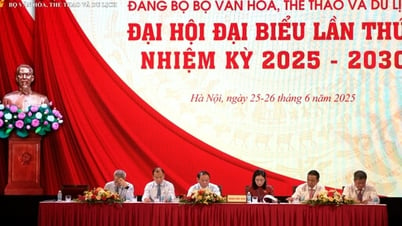

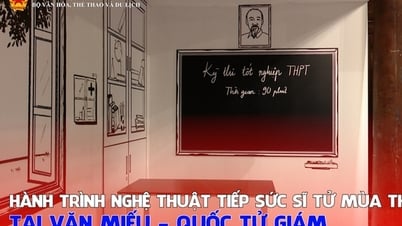





























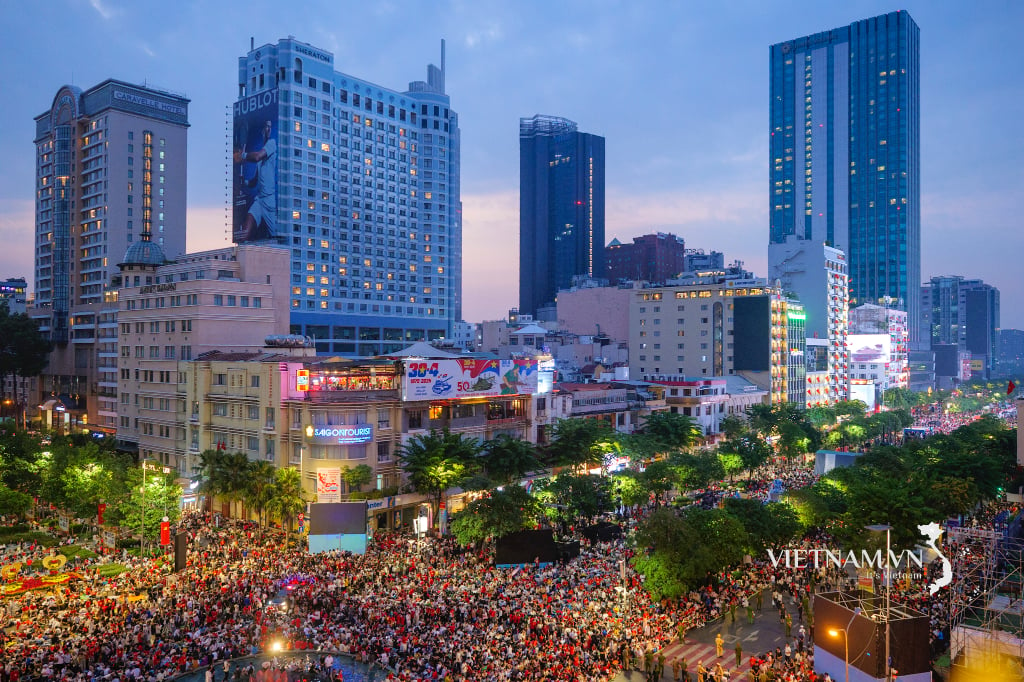
Comment (0)